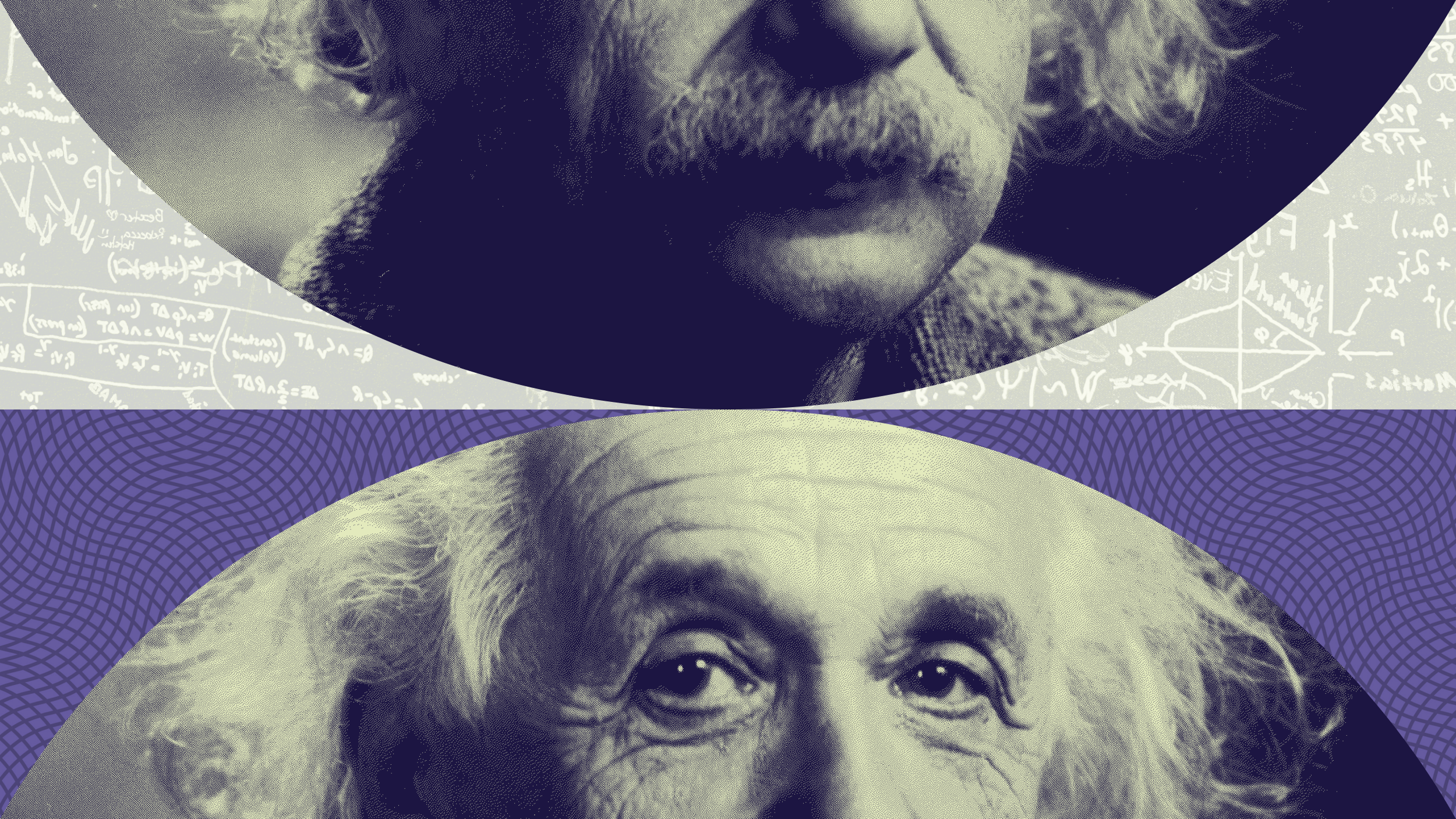Mark Leonard discusses his most memorable Chinese insights.
Question: What are your most memorable insights from your time in China?
Mark Leonard: There are two moments that really made me pause and think about China. One was on one of my first trips to China. I was going around talking to lots of Chinese about the relationship between the European Union and China. And I was asking them what they hoped to get out of an EU China relationship. And one Chinese academic, an assertive nationalist, said to me, “When China goes to war with the United States, we’d like Europe to remain neutral.” And that’s what he wanted to get out about the relationship. Now, that was quite an eye opening moment, because it showed whereas most people in Europe can’t imagine their country in any war other than a kind of war of choice, like in Kosovo, when it
+++ Tape #0:54:00.4 +++
was about protecting the rights of Kosovo’s, war hasn’t been totally taken off the table. The Chinese are obsessed with avoiding conflict, but the idea of war is still something which is possible, and which they live with as a permanent theme. And that’s a war of self preservation, which is quite a different sort of mental state to be in. It’s a wider talking than many Europeans have when they think about the world. Another really interesting moment was when I came across a debate amongst Chinese people about managing the decline of the West. We, in the West, obsess about the idea of managing China’s rise, and there is this whole debate about how do we manage China’s rise? What do we do? Do we try and engage China? Do we try and contain them? And there is a sense in a way that it’s up to us to decide how China rises and what kind of power China’s going to be, rather than something which the Chinese are going to work out, which we’re going to have to deal with. When I saw Chinese people having the mirror image of that debate, talking about the danger of the West declining too quickly and how that could create real pressures on China, because a lot of good things are actually done by Western dominance, and they’re worrying about what to do about proliferation and how to keep the peace if the U.S. power collapses too quickly as a result of the Iraq War. And it shows a, that we’re not going to be, you know, that just as we talk about trying to manage China’s rise and we work out how to mold Chinese policy, they’re having exactly the same debates over there and trying to mold our policies and our responses. And it also showed that the extent to which they’re thinking about a post-American, a post-Western world order.





